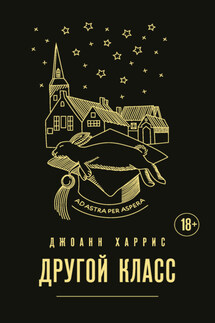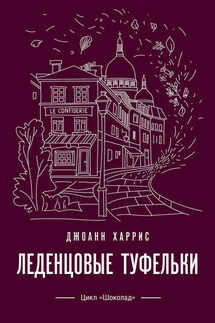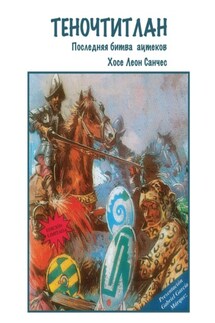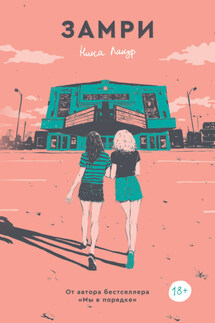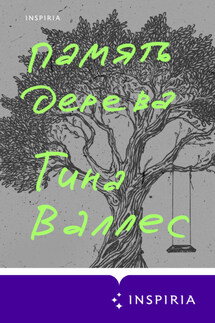Five Quarters of the Orange / Пять четвертинок апельсина - страница 43
Perhaps the orange had tamed her, I thought.
She made up for it the next day, however, reverting to her usual self again with a vengeance. We avoided her as best we could, doing our chores in haste then retreating to the Lookout Post and the river, where we played halfheartedly. During these summer days at the river Paul came with us, but he sensed that he was no longer a part of us, that he was excluded from the circle we made. I felt sorry for him, even a little guilty, knowing what it was like to be excluded, but could do nothing to prevent it. Paul would have to fight his own battles, as I had fought mine.
Besides, Mother disliked Paul as she disliked the entire Hourias family. In her eyes Paul was an idler, too lazy to go to school, too stupid even to learn to read in the village with the other children. His parents were just as bad-a man who sold bloodworms by the side of the road and a woman who mended other people’s clothes. But my mother was especially vicious about Paul’s uncle. At first I thought this was simply village rivalry. Philippe Hourias owned the biggest farm in Les Laveuses, acres of sunflower fields and potatoes and cabbages and beets, twenty cows, pigs, goats, a tractor at a time when most local people still used hand plows and horses, a proper milking machine… It was jealousy, I told myself, the resentment of the struggling widow against the wealthy widower. Still, it was odd, given that Philippe Hourias had been my father’s oldest friend. They had been boys together, fishing, swimming, sharing secrets. Philippe had carved my father’s name on the war memorial himself, and always laid flowers at its base on Sundays. But Mother never acknowledged him with more than a nod. Never a gregarious soul, after the orange incident she seemed more hostile than ever toward him.
In fact it was only much later that I began to guess at the truth. When I read the album, in fact, more than forty years afterward. That tiny, migraine-inducing script staggering across the bound pages. She wrote:
Hourias knows already. I see him looking at me sometimes. Pity and curiosity, like I was something he ran over in the road. Last night he saw me coming out of La Rép with the things I need to buy there. He didn’t say anything, but I knew he’d guessed. He thinks we should marry, of course. It makes sense to him, widow and widower, marrying their land together. Yannick had no brother to take over when he died. And a woman isn’t expected to run a farm alone.
If she had been a naturally sweet woman, perhaps I might have suspected something sooner. But Mirabelle Dartigen was not a sweet woman. She was rock salt and river mud, her rages as quick and furious and inevitable as summer lightning. I never sought the cause, merely avoiding the effect as best I could.
15
There were no more trips to Angers that week, and neither Cassis nor Reinette seemed inclined to speak of our meeting with the Germans. As for myself, I was reluctant to mention my conversation with Leibniz, though I was unable to forget it. It made me feel by turns apprehensive and oddly powerful too.
Cassis was restless, Reinette sullen and discontented, and to add to that it drizzled all week, so that the Loire swelled ominously and the sunflower fields were blue with rain. Seven days had passed since our last visit to Angers. Market day came and went; this time Reinette accompanied Mother to town, leaving Cassis and myself to prowl discontentedly through the dripping orchard. The green plums on the trees made me think of Leibniz, with an odd mixture of curiosity and disquiet. I wondered whether I would ever see him again.


